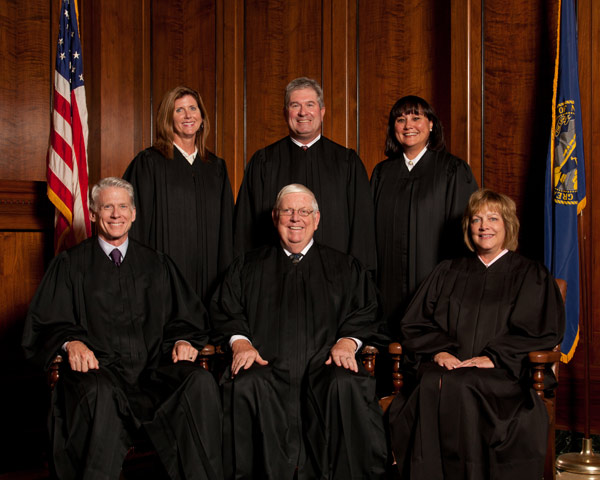
Financial elder abuse is on the rise because of a dragging economy and an increasing aging population– baby-boomers comprise of at least 1/3 of our population. The Credit Protection Bureau recently issued new rules aimed at protecting widows from fraud and deception that increasingly cause them to lose their homes due to unnecessary foreclosure proceedings. This and other consumer protection groups are pushing for similar regulations in a pending California state bill to ensure these protective regulations are enforced.
Financial elder abuse is the crime of the century, involving quit claim deeds of property and/or second mortgages that go unpaid, resulting in a home foreclosure. The situation is further exacerbated when law enforcement is slow or hesitant to take action, as such problems are often seen as civil, not criminal, in nature. Yet in People v. Schoenbacher, No. H035242 (2012), the California Court of Appeals for the 6th District affirmed the trial court’s conviction for financial elder abuse expressing astonishment at the methodical and sustained draining of the elder’s accounts, and found the conduct audacious and coercive. Sadly, there are infinitely more stories like this that will continue to go unchecked if law enforcement do not start prosecuting cases such as these with more frequency. Schoenbacher has set a precedence to take action against elder financial abuse that the rest of the California courts and law enforcement should follow.

Arbitration & Elder Abuse
Many courts have become more and more aware of several contexts in which arbitration agreements are unenforceable as a matter of law due to public policy on the basis that guaranteed rights cannot be abridged. This is especially true for elders who are victims of abuse—whether it be financial abuse, or otherwise – because public policy favors their claims be resolved in court before a jury, with all the rights and remedies the law provides them so as to not abridge the rights of this protected class.
It is the duty of public and its civil servants to act with moral responsibility and social conscience to protect the elders of society who are the subject of prey to fortune hunters who, through organized fraud, swindle the elderly out of house and home. In cases such as these, forcing arbitration can have a detrimental impact on society. Besides the aggravated emotional distress of its victims, which in and of itself ruins lives, its sets a blue-print for scammers, to continue in this common scheme to defraud elders with sizable estates.




